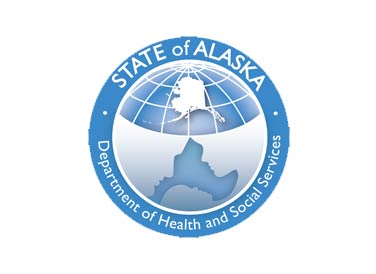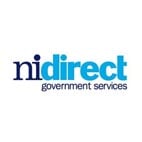
We make software that helps deliver critical services for citizens all around the world.
Over 5,000 public bodies globally use our software to help provide critical services to over 100 million citizens. From local government to central government, to education, to health and care, we are a global GovTech champion, helping to serve citizens.
100
government departments & agencies
100million+
global citizens supported
2.5million+
global professionals supported
Sectors we serve

Local Government
Across local authorities, our software helps drive improved outcomes for your workforce and the citizens you serve.

Health & Care
Improved patient outcomes, cost efficiency and workforce planning & productivity, sit at the heart of our health and care software.

Central Government
We support ministries, departments and agencies on their digital journey, so they can better serve the needs of citizens now and in the future.

Education
Supporting teaching and student outcomes, our software helps save time and money across schools, academies, colleges and libraries.
Our cross sector capabilities

We now have an up-to-date and accurate picture of every person served by the department, which means we have a holistic view of the cost of service provision and can ensure that every person receives the best, most joined-up service possible."
Our customer stories
Our latest news & insights
Digital Productivity Report
Shaping the Future of UK Digital Government.
New Civica report urges acceleration in critical areas of UK Digital Roadmap.
Insights, considerations and recommendations to set a new global benchmark for innovation, efficiency and productivity, and drive citizen-centred digital transformation.
Find out more










































